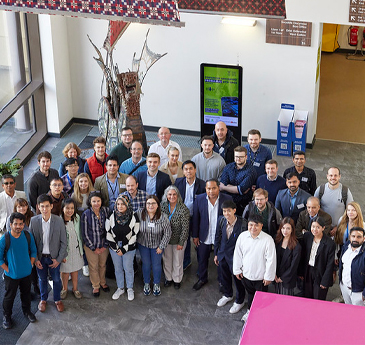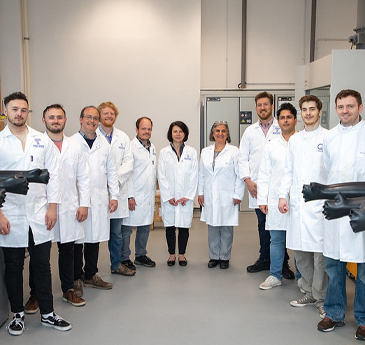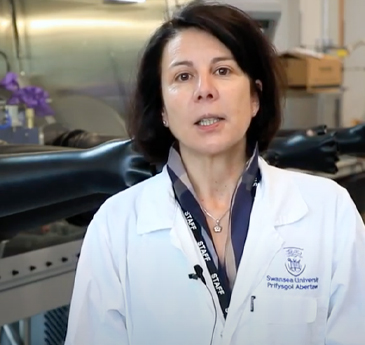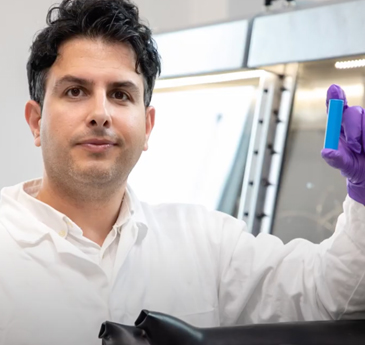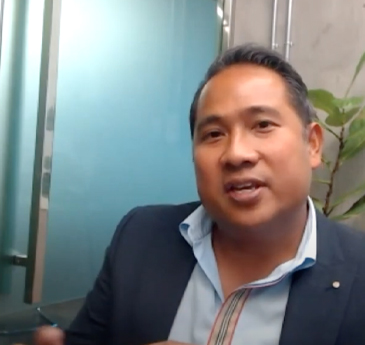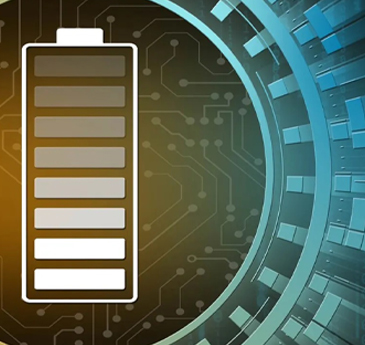Circular Approaches To Utilise and Retain Energy
As we move towards lower carbon forms of energy generation and transport, the energy capture sector faces massive challenges in upscaling production, accessing resources, limiting the environmental impact of manufacturing and recovering and reusing materials.
CAPTURE is a new Centre of Excellence within Swansea University for building knowledge and skills in the emerging UK Energy Storage sector; encompassing materials, manufacturing processes and energy management.
Our Vision
CAPTURE follows an interdisciplinary research philosophy based on a ground-up approach, where all energy storage components (materials, manufacturing processes and management) are conceptualised, designed, modelled and developed within a circular economy framework, ensuring:
• Improved sustainability of materials, with lower environmental impact and reliance on rare earth materials
• Optimum use of resources
• Re-use and recyclability of components towards a zero-carbon approach
• Investment in the sector locally and nationally
Research Streams:
1) Manufacturing: development of sustainable & scalable processing technologies and manufacturing approaches
2) Materials: exploring novel materials and systems for low environmental impact low-cost solutions, enhancing current material performance and their formulation for processability
3) Sustainable Design: optimisation of process parameters and materials formulation in line with life cycle analysis, to guide the production of integrated energy storage solutions. Consideration of public policy.
4) Technology transfer: working with industry. The focus is on the application of advanced engineering technologies to manufacturing challenges to generate sustainable energy storage system. Current industry collaborators, Enserv (Na-ion, Li-S and Supercaps), OXIS (Li-S) and Envirowales.
The Three Pillars to our work:
1) Translation – understanding and listening to the problems of industrial partners.
2) Characterisation – understanding the material behaviour and characteristics and link to device performance – bridging the gap between the fundamentals and performance of integrated systems.
3) Practical Solutions – Giving practical solutions that are relevant to you while maintaining academic engagement.




